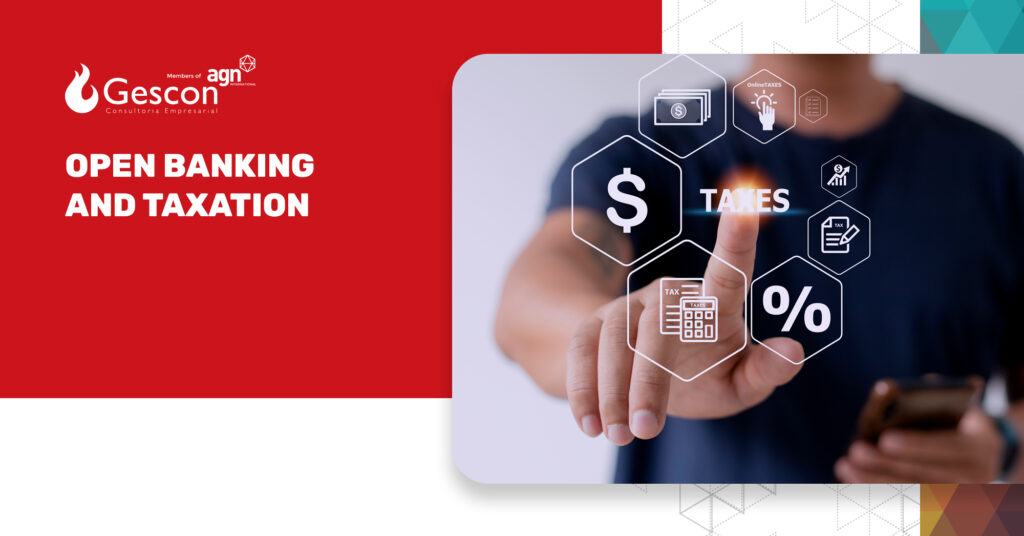Address
304 North Cardinal St.
Dorchester Center, MA 02124
Work Hours
Monday to Friday: 7AM - 7PM
Weekend: 10AM - 5PM
Address
304 North Cardinal St.
Dorchester Center, MA 02124
Work Hours
Monday to Friday: 7AM - 7PM
Weekend: 10AM - 5PM



Open Banking is an open banking system that is directly related to the open sharing of customers’ personal information between financial institutions, as long as the user consents.
To improve understanding, imagine that you opened an account in a bank, from that moment on, it holds all the information related to financial transactions and movements that you make through it, making it almost impossible for you to migrate them to the Bank. Y, even if it’s your will.
But with the General Law for the Protection of Personal Data (LGPD) comes the determination that all information of a person is in his possession, not by a third institution. That way, she can share her data with whomever she deems appropriate.
With this, the Open Banking initiative arises, which, with the prior authorization of users, will allow banks to share with other financial institutions (or institutions under Open Banking regulation), the information that this user wants, in a secure and encrypted way.
Open Banking provides better experiences in using financial products and services. Thus, it makes it possible for institutions to present easy solutions, which helps clients when it comes to controlling finances, especially in times of crisis.
Other advantages that can be highlighted are:
Customers now have more freedom when changing institutions, without getting stuck in costs or shortages.
As there is no possibility of being tied to a single institution, the tendency is for costs to start to reduce and to attract more customers. An example is digital accounts that do not charge maintenance fees.
With Open Banking, the barriers to finding new services will be reduced. With this, banks will promote greater options and benefits for the consumer, which will consequently affect the environment to become more competitive.
Automated information sharing implies a considerable reduction in errors in filling in data and developing calculations.
The service will allow accountants to have easy access to customer data and bank transactions, allowing greater control of your business’ finances.
Open banking came as a way to revolutionize the banking system, bringing more people to digital, but how does it work in relation to taxes?
The increase in banking transactions aims to attract more and more users and, consequently, expand a possibly taxable base with the institution of the tax on digital transactions, desired by the Federal Government as part of the Tax Reform.
It is no secret that Minister Paulo Guedes is a supporter of the institution of this tax on digital transactions to balance the loss of revenue with the exemption of the payroll of companies. According to information disclosed, the idea proposed by the Federal Government is to institute a tax with a rate of 0.2% on financial transactions. The collection would be a counterbalance to alleviate the taxation levied on the payroll.
However, the minister himself recently admitted that he has been facing resistance in the National Congress, which could threaten the Federal Government’s plans in relation to this point of the reform.